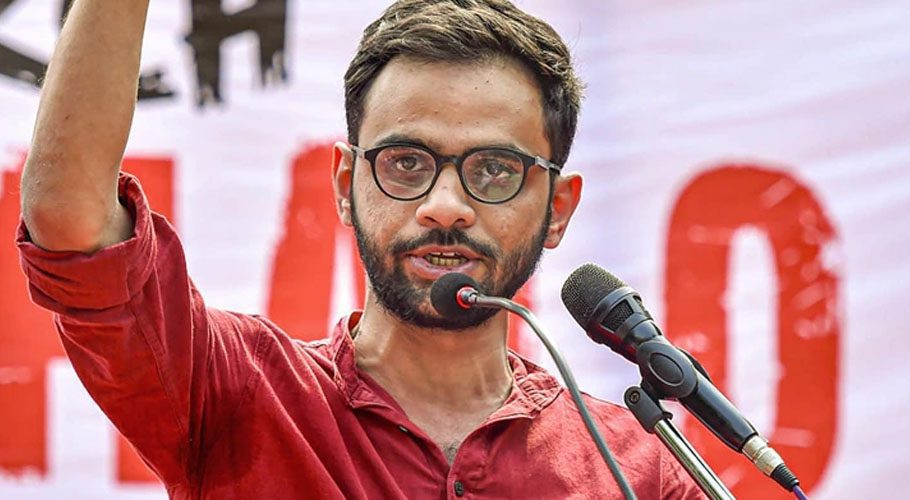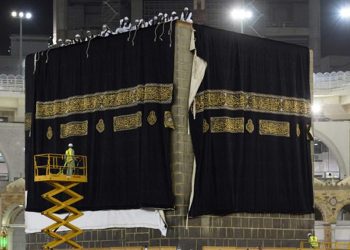NEW DELHI: Amnesty International condemned India’s repeated denial of bail to jailed Muslim activist Umar Khalid, calling it a “big blow” to those exercising their rights to freedom of expression and peaceful assembly.
Khalid, along with more than a dozen other Muslims, is accused by the Indian authorities of being part of a “larger conspiracy” that led to religious riots in New Delhi in February 2020 which left 53 people dead, mostly Muslims, and dozens of houses and mosques were torched. The riots followed peaceful sit-ins across the country against the passage of the controversial Citizenship Amendment Act (CAA) by Prime Minister Narendra Modi’s government in late 2019.
The Muslim resistance to the law triggered hate speeches against the community by ministers and politicians belonging to Modi’s Bharatiya Janata Party (BJP) and other Hindu groups, which led to attacks on Muslims living in the eastern parts of New Delhi.
The Delhi police accused Khalid of being a “key conspirator” and one of the “masterminds” of the riots. He was arrested on September 13, 2020 under the Unlawful Activities (Prevention) Act, or UAPA, a draconian anti-terror law characterised by stringent bail provisions and other charges.
The activist, who was also jailed briefly for sedition in 2016 when he was a student at New Delhi’s Jawaharlal Nehru University, has denied any involvement in the Delhi violence. However, the Delhi court on Thursday said there are “reasonable grounds” to believe that the allegations against him are “prima facie true” and “hence, the present application for bail of accused Umar Khalid stands dismissed”.
In a statement shortly after the bail was denied, Amnesty India’s chief Aakar Patel said: “Umar’s continued detention for over 18 months comes against the backdrop of a rapidly shrinking space for critical voices and sets a chilling precedent for anyone whose views the authorities disagree with.”
Khalid’s father, Syed Qasim Rasool Ilyas, said he was disappointed with yet another denial of bail to his son and that the order will be challenged in a higher court. In its charge sheet, the Delhi Police also claimed the Delhi violence was part of “a well-planned conspiracy” to defame Modi’s government and put dozens of students and activists behind bars.
In its statement, Amnesty said Khalid’s continued detention under the UAPA “runs absolutely counter to the international human rights law and standards” and called on the Indian authorities to “immediately and unconditionally” release him and other human rights defenders “arbitrarily detained solely for expressing their opposition”.

































